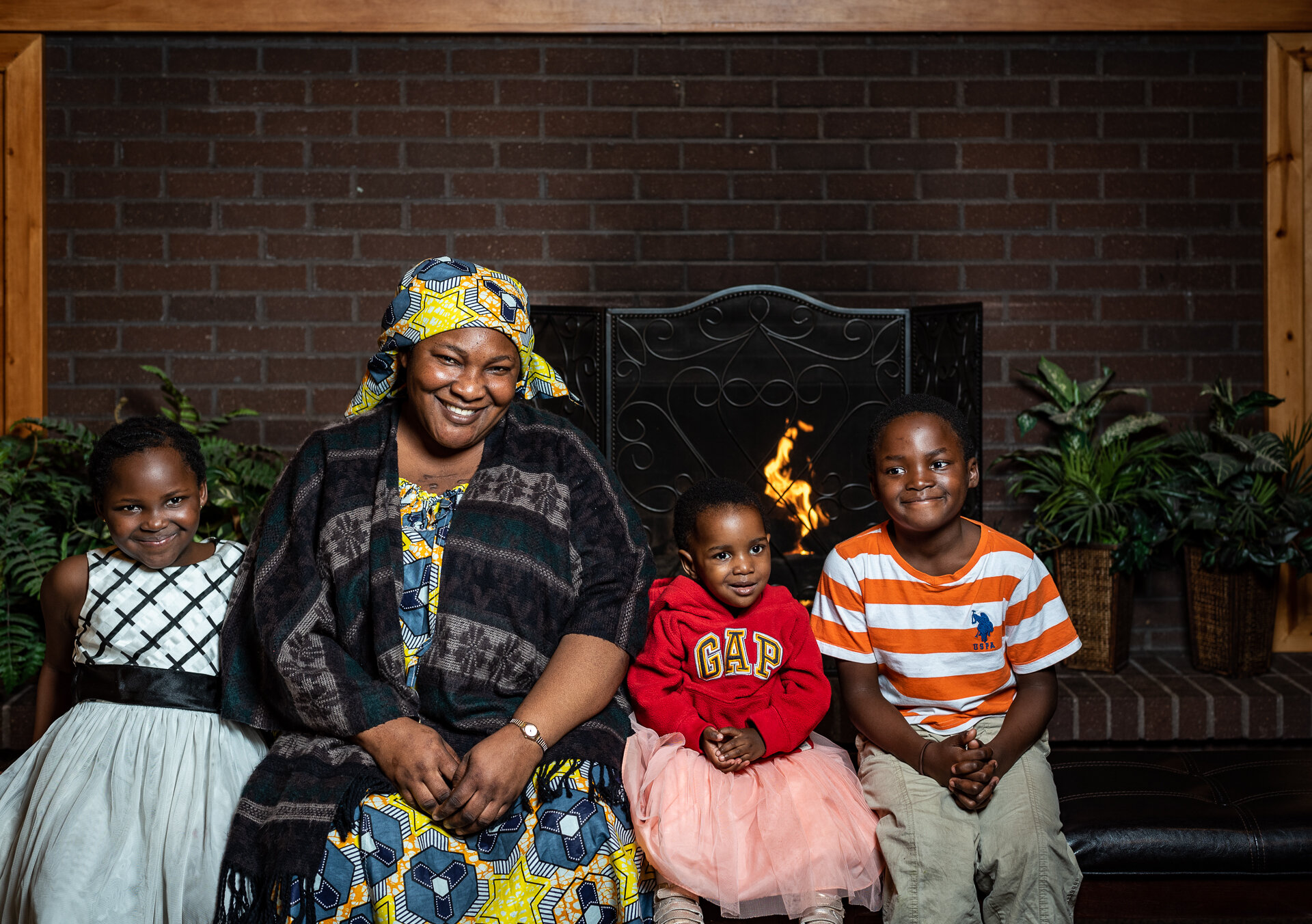What is a Peace Feast and Why Do They Work So Well?
by Martin Brooks
When people ask, “What does Peace Catalyst do?” I typically say, “We create safe spaces for people to get to know each other.” Historically, that has meant getting Christians and Muslims in the same room, but over the years it has expanded to other groups too.
One of our signature events is called a Peace Feast. We held one in Louisville just a few weeks ago.
The original idea was built on contact theory, which Gordon Allport wrote about back in the 50’s when he was dealing with race relations. In the book called “The Nature of Prejudice” he addressed issues we still face today like scapegoating, using dehumanizing labels, and the fact that when we don’t know about another person or group we tend to fill in the missing gaps with prejudicial information. He also said one way to overcome this is to bring people together in structured environments. These are the safe spaces we create at Peace Feasts and other events.
MAKE MORE PEACE FEASTS HAPPEN IN 2023
For this Peace Feast, I met with some Iranian students at the University of Louisville to ask for their help. I asked, “If you could tell people anything you wanted to about Iran, what would you share?” They agreed to invite their Iranian friends to the Peace Feast and to help me frame questions for the event.
The day of the event, the restaurant owner, Ramsi, prepared a Persian buffet of lamb, biryani rice, tika masala and rice pudding. We asked Iranians to sit with non-Iranians so everyone could get to know each other. Persian music played in the background as people devoured the food. After the meal, I asked questions for the Iranians to answer at their tables: “Tell about your hometown in Iran. What were the schools like? What were the grocery stores like?”, “Persian hospitality is famous around the world. If the people at your table were to celebrate Nowruz with your family, what would you do?”, “Sunnis, Shias, and Zoroastrians are all religious expressions in Persia. Explain the importance and role of religion in Iran.”
The conversations go in so many different directions. Around the tables people are able to ask clarifying questions, and they begin to understand each other while friendships begin to form. It moves us from information to relationship, from suspicion to trust. (Good food always helps this process!) These encounters allow us to put a face on the news stories and hopefully, one relationship at a time, we build understanding and peace.
John Paul Lederach is a professor at Notre Dame and international conflict resolution specialist. He wrote “The Moral Imagination” in which he said that we have to be able to imagine ourselves in relationship with someone before relationship and peace are possible. Sometimes we can’t imagine the possibility that the “other” group could be our friend. At Peace Feasts we focus not on the group, but on the person across the table from us.
We frequently hear people say things like, “This guy is different. He wasn’t like what I see in the news.”
Once we’re connected to someone, we want to protect the relationship. Though news stories may sound the alarms about the home country of our new friend, in our mind’s eye we envision our friend, an individual. We can then compare the claims of the media to our personal experience. Many times I’ve thought, “That news story doesn’t match up with the people I know from that country. I wonder what he thinks about this event.” With a close enough relationship, I might call or text him. I might ask how his family is doing or about his read on the current situation. I might suggest we get coffee and talk. That’s what friends do, right?
So, what is a Peace Feast? Peace Feasts are safe spaces where we begin building these transforming relationships. When storms come and people start saying hateful things about people we’ve met and care about, perhaps we won’t be so easily led down a path of hate and isolation. Perhaps we’ll have friends in this demonized group and feel compelled to nuance the arguments. Perhaps we’ll be brave and Christ-like and stand with the marginalized to defend them. Perhaps we’ll respond as peace catalysts.
Help more people come to Peace Feasts in 2023
We’re a crowdfunded peacemaking movement, and every donation helps make Peace Feasts and all of our peacebuilding events happen.

















